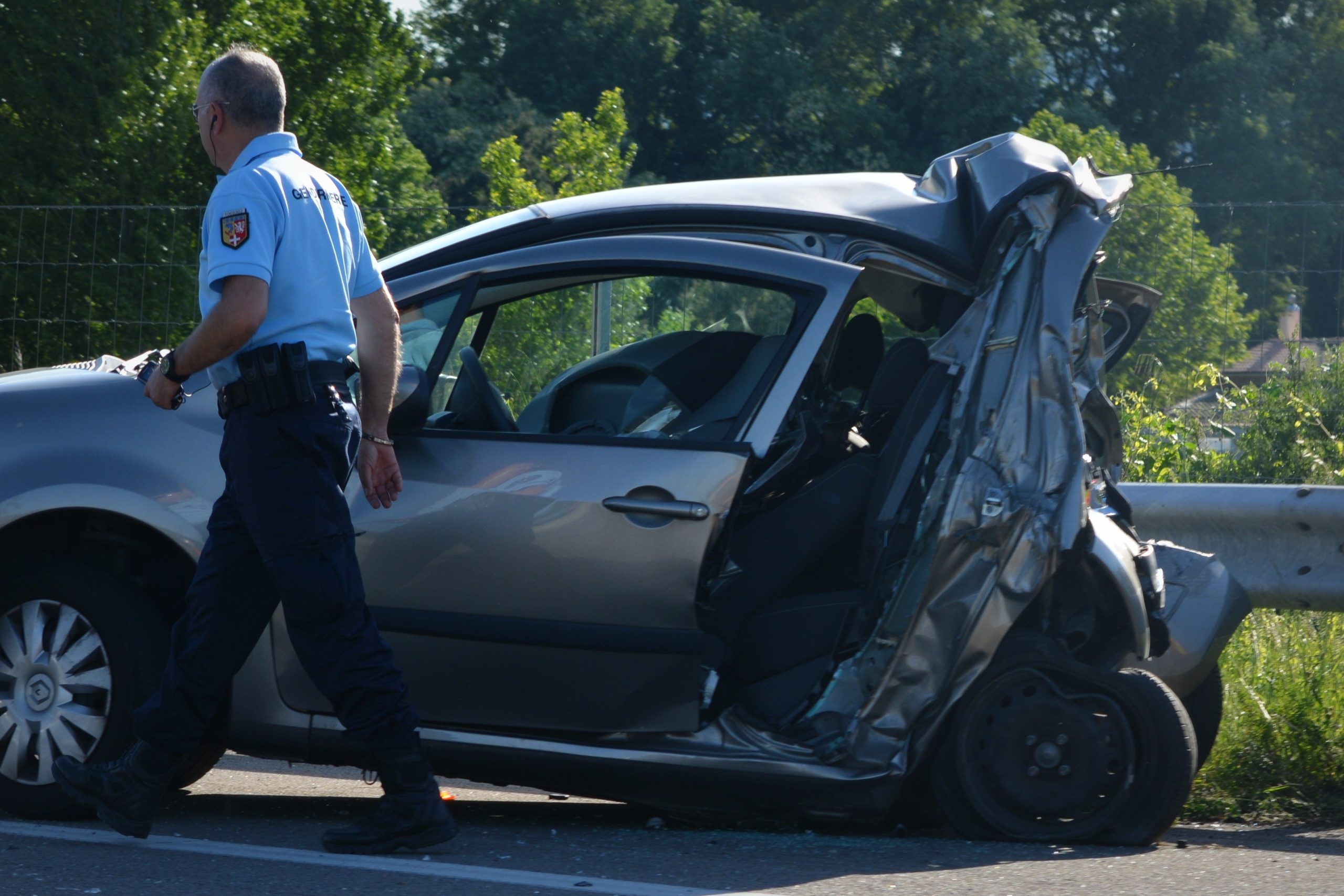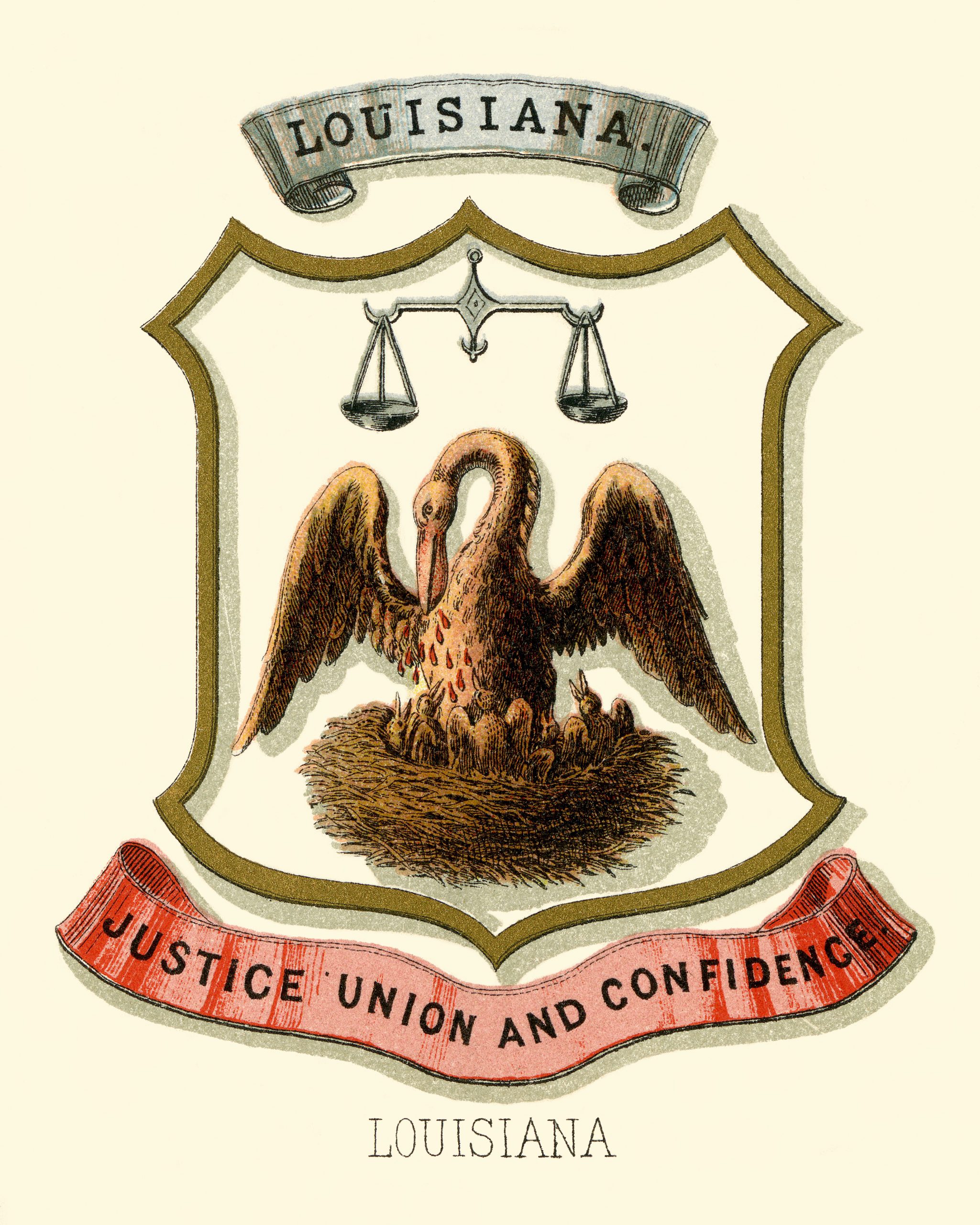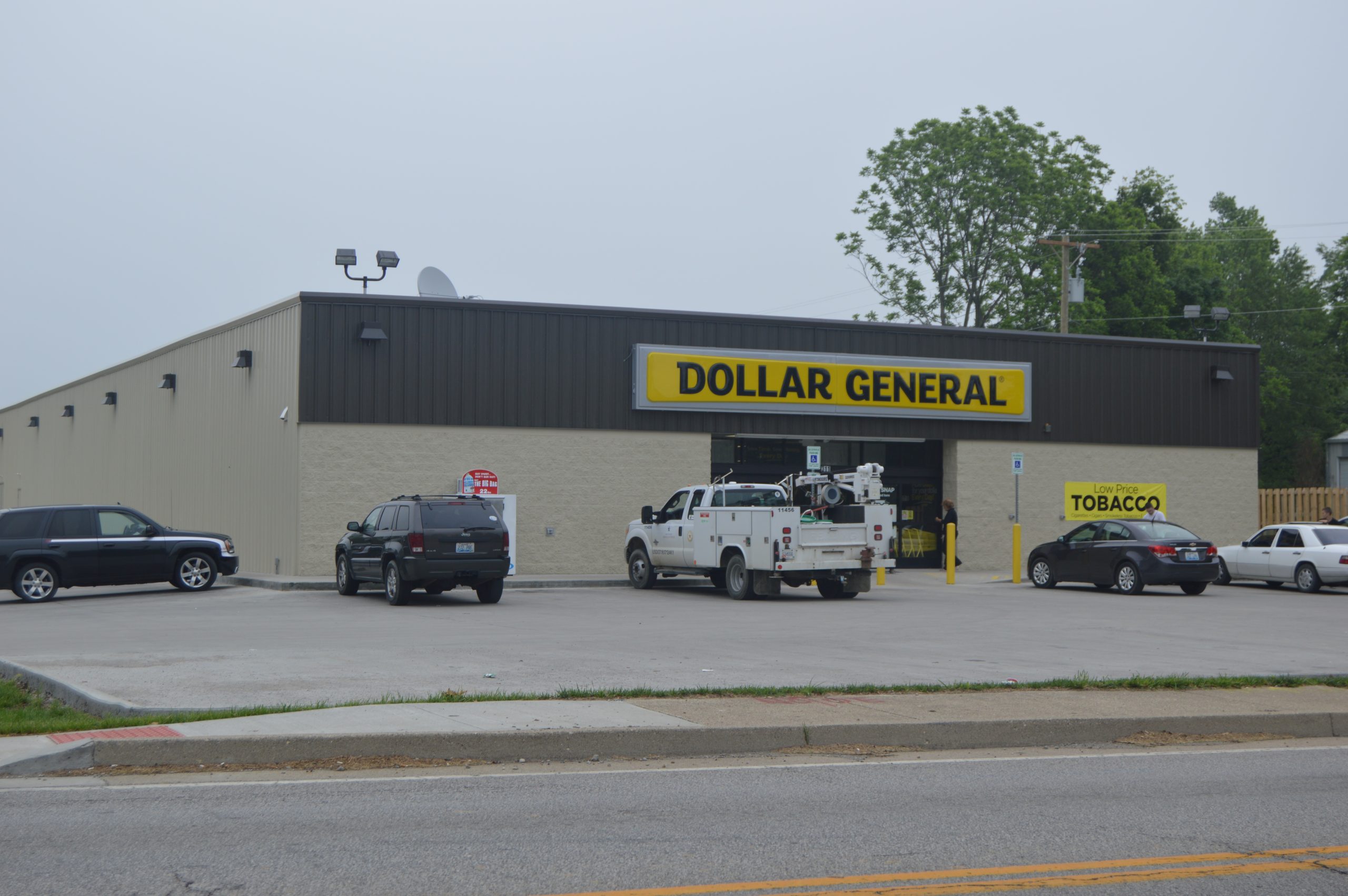 An important safeguard in the law is the requirement for an accusing party to support its allegations with facts and, ultimately, evidence. There are multiple reasons to have this protection in place. Proceeding with a claim that makes a wrong conclusion against another party would not be particularly fair or just, nor would it be an effective use of court resources.
An important safeguard in the law is the requirement for an accusing party to support its allegations with facts and, ultimately, evidence. There are multiple reasons to have this protection in place. Proceeding with a claim that makes a wrong conclusion against another party would not be particularly fair or just, nor would it be an effective use of court resources.
Louisiana courts entitle a party to move for summary judgment to press the opposing side to demonstrate there is a genuine dispute to resolve. La. Code Civ. P art. 966. If, for example, a plaintiff makes a claim that requires the support of physical evidence that they cannot produce, summary judgment will be granted. The following case out of Washington Parish, Louisiana, shows why, if you are considering a lawsuit, you should never discard evidence critical to your case.
Robert D. Byrd used a home-based oxygen machine provided by Pulmonary Care Specialists, Inc. (PCS). He was hospitalized for respiratory failure after being found unconscious by his mother, who reported that the machine was running at the time. Byrd’s machine did not undergo maintenance or repair before the incident. However, his mother did request service one day earlier. Byrd’s mother subsequently set the oxygen machine out with the trash, preventing follow-up testing or inspection.
 Insurance Dispute Lawyer Blog
Insurance Dispute Lawyer Blog


 Car accidents are extremely traumatic events that can impact the lives of anyone involved. The legal issues arising after a car accident can be complex and affect everyone involved. For example, what are the rights of a tutor when bringing claims on behalf of the children they are responsible for? Will they be considered “parents” under the law and be allowed to bring a claim for loss of consortium? The following case out of Baton Rouge discusses those issues in relation to a car accident.
Car accidents are extremely traumatic events that can impact the lives of anyone involved. The legal issues arising after a car accident can be complex and affect everyone involved. For example, what are the rights of a tutor when bringing claims on behalf of the children they are responsible for? Will they be considered “parents” under the law and be allowed to bring a claim for loss of consortium? The following case out of Baton Rouge discusses those issues in relation to a car accident.  After a workplace accident, an employee may be flustered, but it is essential that the employee promptly becomes knowledgeable about court requirements and deadlines. If a claim is not filed within an allocated timeline, the claimant may be barred from bringing the claim forward. The following case out of Jefferson Parish shows why, if you’re fax filing a lawsuit, you must follow the rules precisely.
After a workplace accident, an employee may be flustered, but it is essential that the employee promptly becomes knowledgeable about court requirements and deadlines. If a claim is not filed within an allocated timeline, the claimant may be barred from bringing the claim forward. The following case out of Jefferson Parish shows why, if you’re fax filing a lawsuit, you must follow the rules precisely.  Complex insurance issues can add more hassle to the damage from a car accident. What happens if you’re in an automobile accident after failing to pay your insurance premium? Can you still get coverage for your claims? The following case out of Baton Rouge shows why insurance companies must follow proper procedure and offer evidence of cancellation or suffer consequences.
Complex insurance issues can add more hassle to the damage from a car accident. What happens if you’re in an automobile accident after failing to pay your insurance premium? Can you still get coverage for your claims? The following case out of Baton Rouge shows why insurance companies must follow proper procedure and offer evidence of cancellation or suffer consequences. Although a car accident may result in minor damage to your vehicle, it can cause greater damage to your life. By seeking medical treatments and altering your lifestyle due to accident-related injuries, you deserve to be adequately compensated. The following lawsuit, out of Jefferson Parish, Louisiana, shows how courts deal with damage awards and the request to increase the same.
Although a car accident may result in minor damage to your vehicle, it can cause greater damage to your life. By seeking medical treatments and altering your lifestyle due to accident-related injuries, you deserve to be adequately compensated. The following lawsuit, out of Jefferson Parish, Louisiana, shows how courts deal with damage awards and the request to increase the same. Getting treatment and medication can be challenging when recovering from an on-the-job injury. If you are injured at work, you may want to pick up prescriptions at the local pharmacy closest to you. While you may have interpreted Louisiana’s Workers’ Compensation statutes to allow for “choice of pharmacy” in the past, the rule is clear. The following case out of the Louisiana Supreme Court shows why the choice in pharmacy for a work-related injury belongs to the employer.
Getting treatment and medication can be challenging when recovering from an on-the-job injury. If you are injured at work, you may want to pick up prescriptions at the local pharmacy closest to you. While you may have interpreted Louisiana’s Workers’ Compensation statutes to allow for “choice of pharmacy” in the past, the rule is clear. The following case out of the Louisiana Supreme Court shows why the choice in pharmacy for a work-related injury belongs to the employer. While holding the owner responsible for a dog’s behavior is typically the norm, most reasonable people would know not to approach a barking dog in a gated residence. However, Demetrious Frazier found himself at odds with Luke Difulco after being bitten by one of his dogs while performing his work duties at their home. The following lawsuit answers the question; if you approach a barking dog and it bites you, is the owner liable for your injuries?
While holding the owner responsible for a dog’s behavior is typically the norm, most reasonable people would know not to approach a barking dog in a gated residence. However, Demetrious Frazier found himself at odds with Luke Difulco after being bitten by one of his dogs while performing his work duties at their home. The following lawsuit answers the question; if you approach a barking dog and it bites you, is the owner liable for your injuries? While a settlement can be a beneficial way to end a legal dispute, it can have long-lasting implications. If you are considering signing a settlement agreement and release, you must understand the possible effects of entering into such an agreement. A prior settlement agreement and release could result in a dismissal of a future lawsuit you bring against a party on the other side of the settlement agreement. The following lawsuit shows why one should carefully review any settlement agreement before signing. Otherwise, you may suffer harsh consequences.
While a settlement can be a beneficial way to end a legal dispute, it can have long-lasting implications. If you are considering signing a settlement agreement and release, you must understand the possible effects of entering into such an agreement. A prior settlement agreement and release could result in a dismissal of a future lawsuit you bring against a party on the other side of the settlement agreement. The following lawsuit shows why one should carefully review any settlement agreement before signing. Otherwise, you may suffer harsh consequences. If you slip and fall over an item that has fallen at a store, you might think that you will be able to recover for your injuries in a lawsuit against the store. However, it is not enough to simply show that you slipped and fell. Instead, you must show that the store knew about or created the condition that caused you to slip and fall. Because Lilly Edwards could not show this, the court dismissed her lawsuit against a Baton Rouge, Louisiana, Dollar General store.
If you slip and fall over an item that has fallen at a store, you might think that you will be able to recover for your injuries in a lawsuit against the store. However, it is not enough to simply show that you slipped and fell. Instead, you must show that the store knew about or created the condition that caused you to slip and fall. Because Lilly Edwards could not show this, the court dismissed her lawsuit against a Baton Rouge, Louisiana, Dollar General store. Premises liability is an active area of personal injury law, and accidents occurring on public property are no exception. The question often arises, who is liable for a slip and fall on a public sidewalk? In this case, the Louisiana Third Circuit Court of Appeal was asked to determine the premises liability of the town of Lake Arthur for a fall occurring on a public sidewalk built and maintained by this public entity.
Premises liability is an active area of personal injury law, and accidents occurring on public property are no exception. The question often arises, who is liable for a slip and fall on a public sidewalk? In this case, the Louisiana Third Circuit Court of Appeal was asked to determine the premises liability of the town of Lake Arthur for a fall occurring on a public sidewalk built and maintained by this public entity.